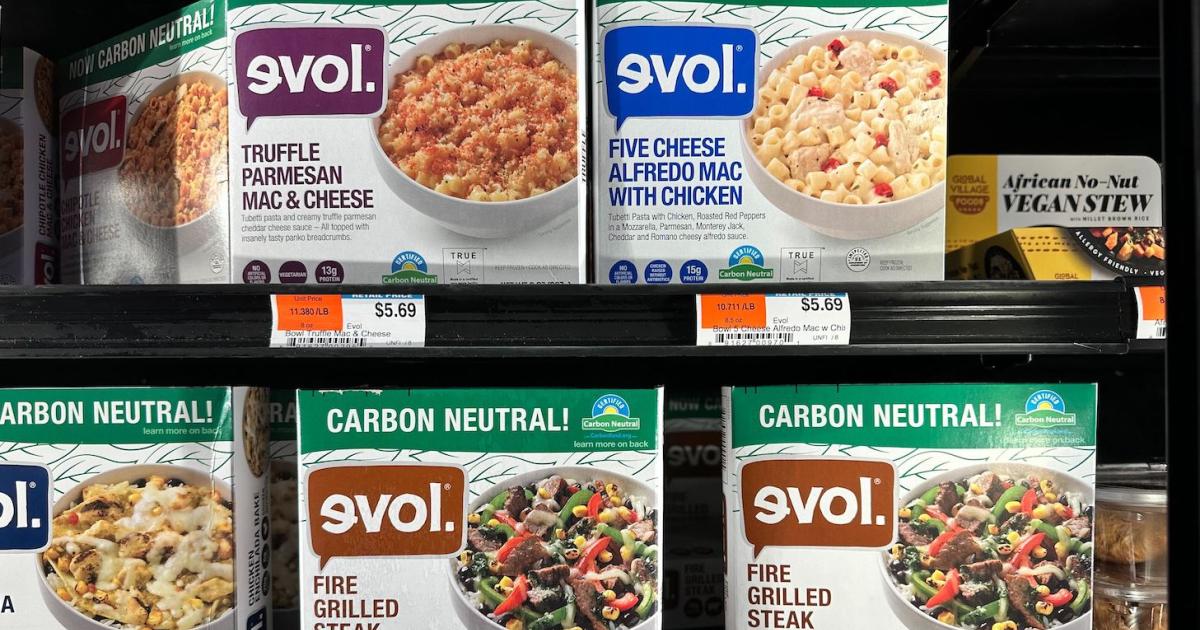
A couple of weeks ago, I wrote about Kipster — a Dutch company bringing more sustainable eggs to the U.S. — and called out that I’m not a fan of its “climate neutral” marketing strategy. Many readers appreciated that argument, and some asked about better ways for companies to communicate their sustainability efforts to consumers.
Meanwhile, the European Union last week reached an agreement to ban generic environmental claims such as “climate neutral” by 2026 — the policy will likely become law in November. So I wanted to take a moment to explore the topic of communications in more depth.
These claims represent wishful thinking
Food production is resource-intensive. Very few foods land on your plate without having contributed to global warming.
Tree nuts could be a rare example of carbon neutral foods, when they come from a well-managed farm in a region where the trees can grow without much input and irrigation. In this case, the tree may be absorbing more carbon dioxide than the emissions generated by production, processing, transportation, packaging and storage of the nuts.
But this equation doesn’t pencil out for most other foods — meaning food products labeled as “carbon neutral” usually rely on offsets, sketchy carbon accounting or both.
A conveniently confusing term
Food companies typically don’t hide the fact that they rely on carbon offsets, so one could argue that the claims are transparent, allowing consumers to make an informed purchase.
But the reality is far different. A 2022 study showed that nearly 60 percent of American consumers couldn’t define carbon neutral. Many more have a hard time understanding what carbon offsets are and how difficult it is to buy ones that are doing good for the planet. Others may be unsure what to make of recent bad press surrounding voluntary carbon markets.
Members of the European Parliament and Council therefore think “carbon neutral” and other environmental claims such as “biodegradable,” “natural” or “environmentally friendly” mislead consumers.
“We are clearing the chaos of environmental claims, which will now have to be substantiated, and claims based on emissions offsetting will be banned,” said Biljana Borzan, a Croatian parliament member who led the agreement negotiations, in a statement.
Food products labeled as ‘carbon neutral’ usually rely on offsets, sketchy carbon accounting or both.
In the U.S., the political debate is less advanced, and a legal ban on such claims seems unlikely in the near future. But I wouldn’t be surprised if consumers started taking their own legal action soon because Americans don’t like to be misled, either.
An uptick in consumer lawsuits about false product claims is already unfolding. Two examples are the ones related to Starbucks’ line of “Refresher” fruit drinks, which don’t contain the fruits they carry in their names, or Subway’s tuna sandwiches, which have a very low percentage of tuna, if any at all. Will “climate-friendly” milk be next in court?
Perhaps what is most concerning is that fuzzy environmental claims — especially when attached to beloved but unsustainable products people don’t want to give up — offer an excuse for inaction.
There’s no need to explore a delicious bean recipe when you can get “climate-friendly” beef. Why take a longer train ride if you can just offset your flight emissions? People who want to believe in these claims won’t go out of their way to figure out why they may not hold up.
Are honest conversations possible?
I’ll admit that criticizing what’s not going well is much easier than finding suitable solutions.
Sustainability and how we talk about it is getting increasingly complex, and I don’t envy marketing teams having to figure out a way forward for their brands. It’s also impossible to provide general recommendations, because every communications approach will need to be specific to the company, product, sales channel, target consumer and so forth.
Still, sticking to a few baseline principles could help businesses stay on the right track:
-
Specific is better: Stay away from vague, overarching terms that can be misunderstood and misinterpreted. Rather than calling your product “climate-friendly,” be specific about the distinguishing factor. For example, you could talk about upcycling within your supply chain or the technologies your company uses to cut emissions.
-
Verify your claims: Use respected third-party verifications and labels to demonstrate that you’re doing the work. Steer away from new niche labels that consumers don’t recognize, which can add to the confusion.
-
Be transparent: Bring consumers on your sustainability journey. Tell them about the things you’re working on and what you’re still figuring out. Let them see what you’re doing right, as Kipster does with its live barn webcams.
-
Educate rather than promote: Use various channels — product packaging, social media, advertisements, op-eds — to help educate consumers about the food system, its impacts and how your company is trying to improve it, rather than trying to sell your product as the one big solution that will save the planet.
-
Work with your peers: Use your competitors as collaborators to tell complementary stories. Dirty industries have used the power of a collective to open up markets for decades. Climate innovators should do the same.
- SEO Powered Content & PR Distribution. Get Amplified Today.
- PlatoData.Network Vertical Generative Ai. Empower Yourself. Access Here.
- PlatoAiStream. Web3 Intelligence. Knowledge Amplified. Access Here.
- PlatoESG. Carbon, CleanTech, Energy, Environment, Solar, Waste Management. Access Here.
- PlatoHealth. Biotech and Clinical Trials Intelligence. Access Here.
- Source: https://www.greenbiz.com/article/why-your-company-should-retire-its-carbon-neutral-food-claims



